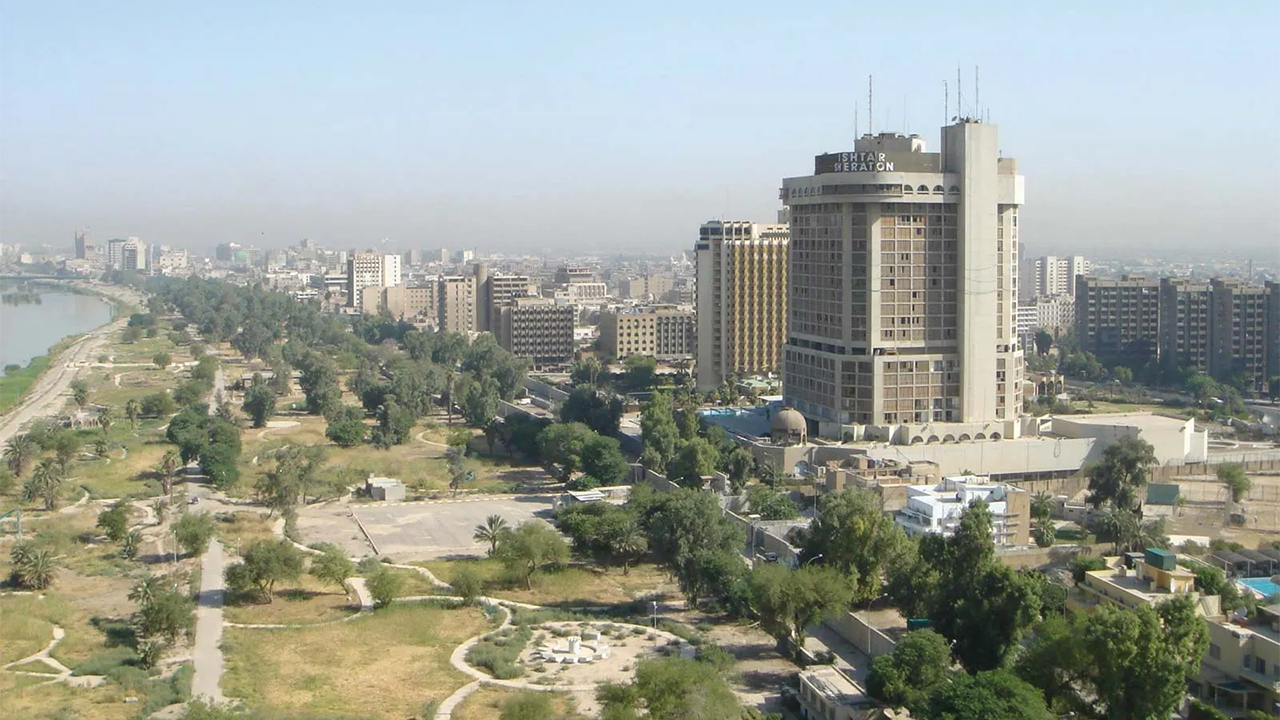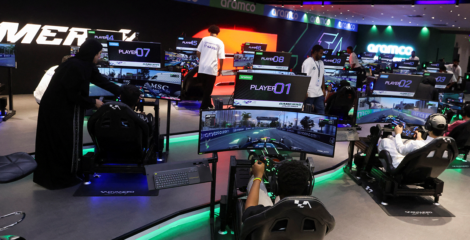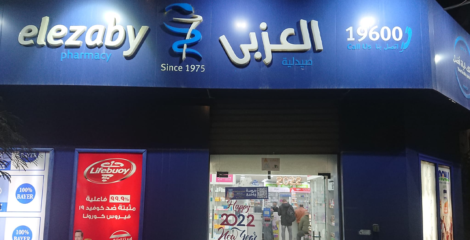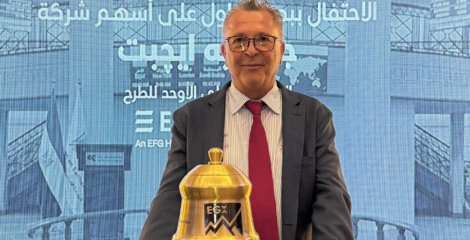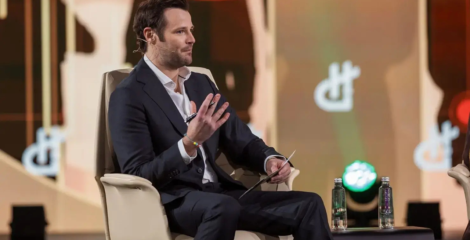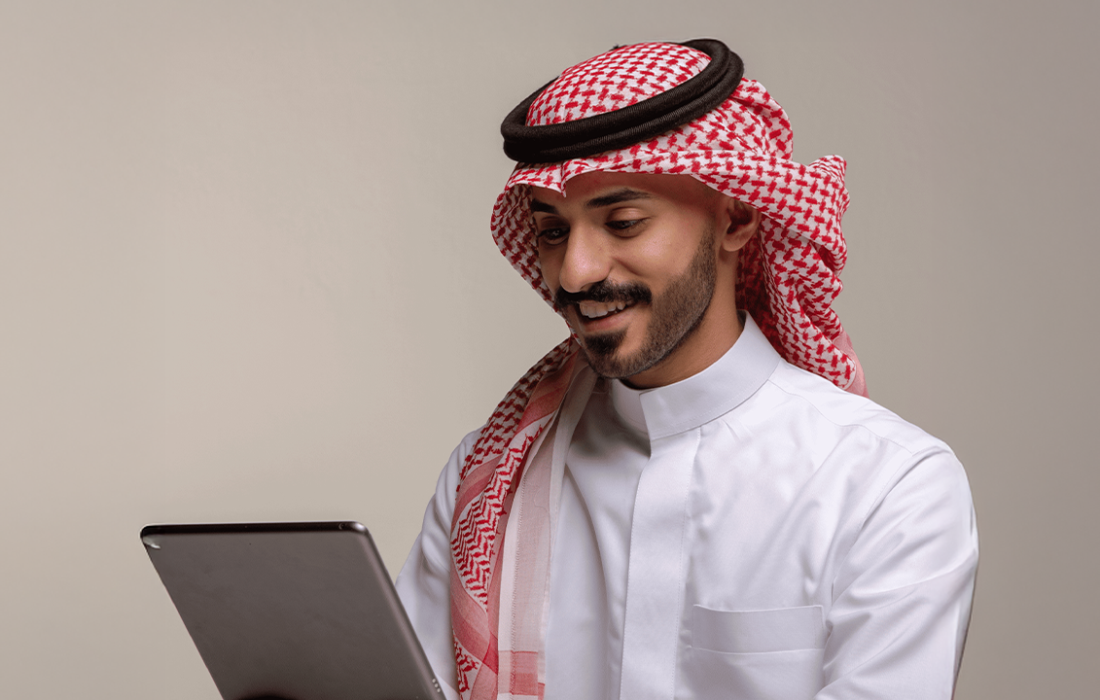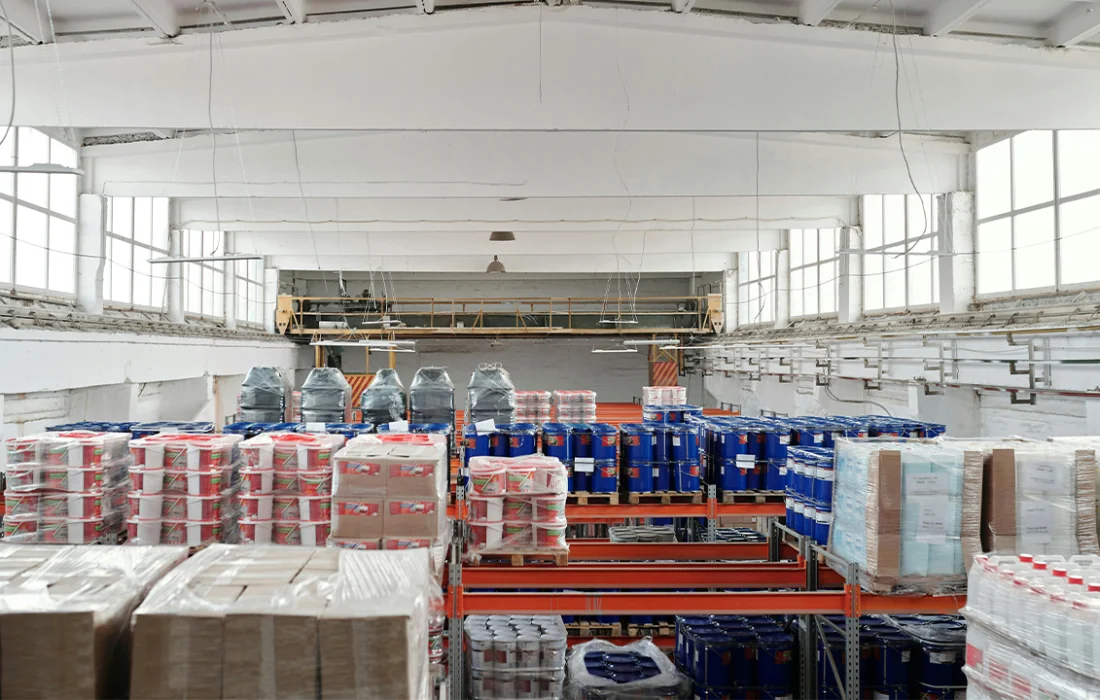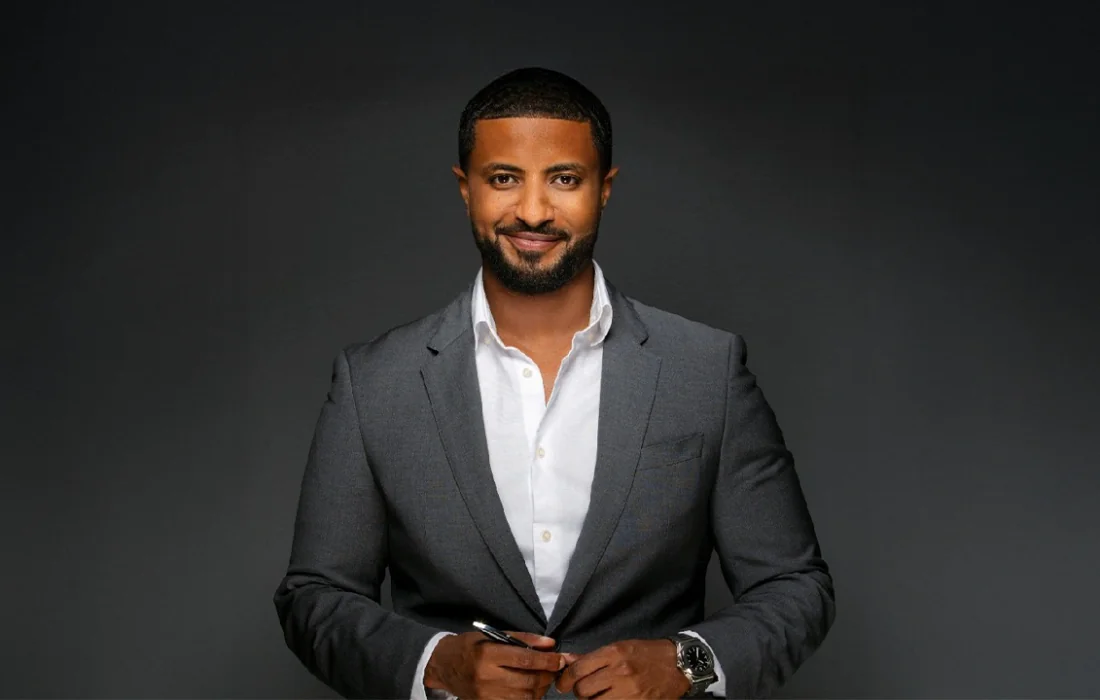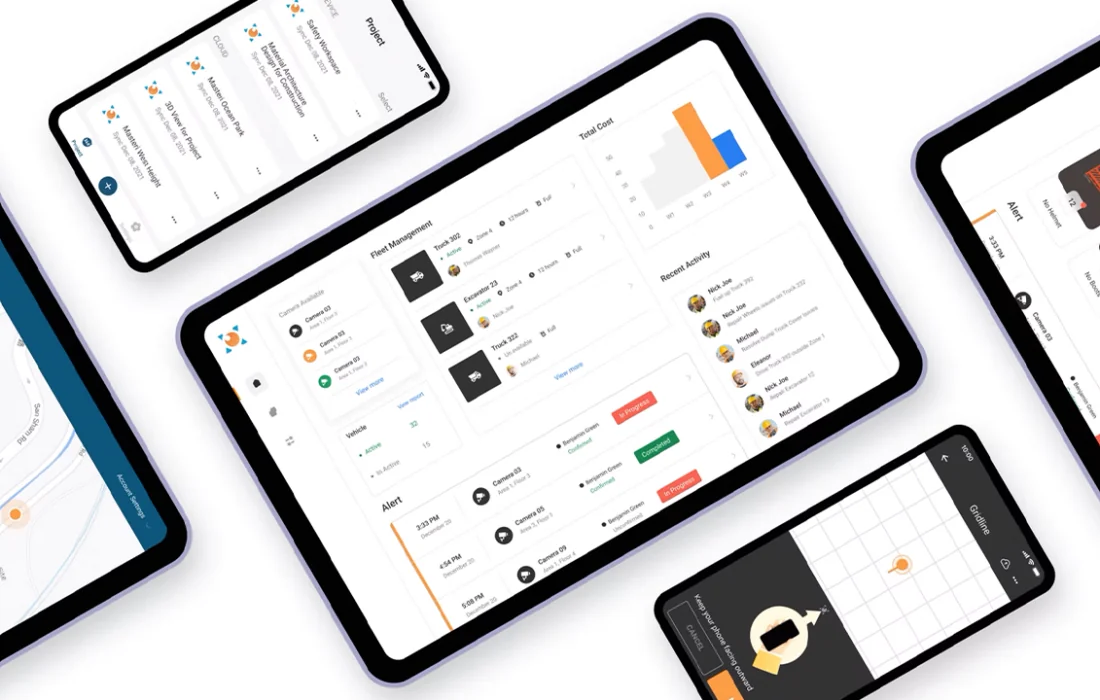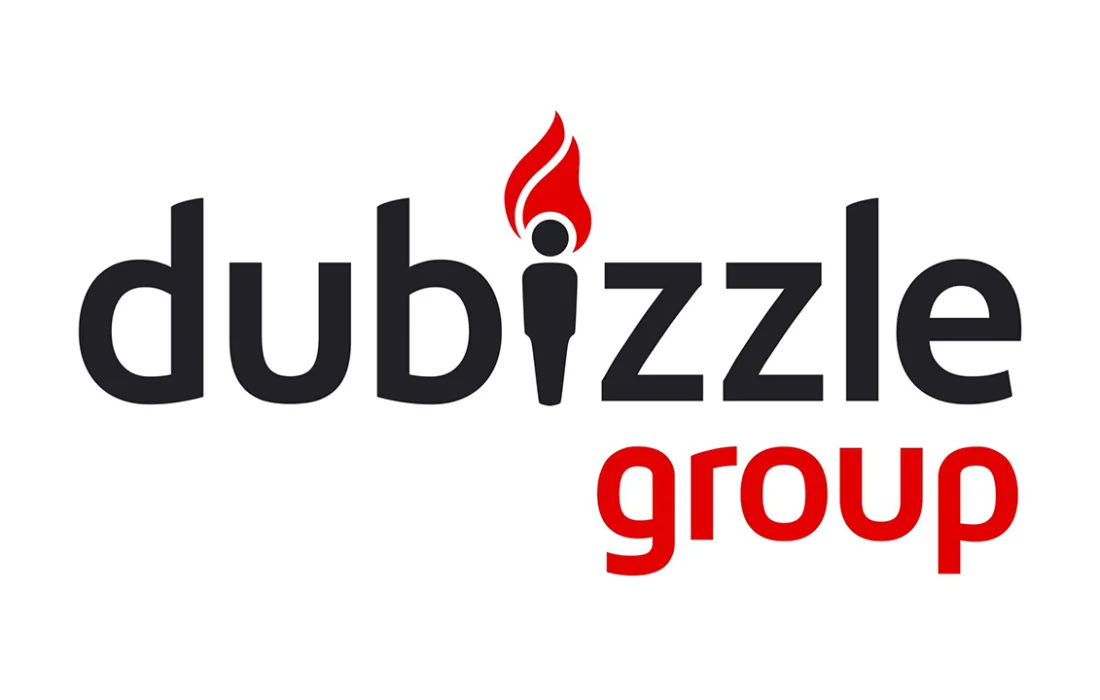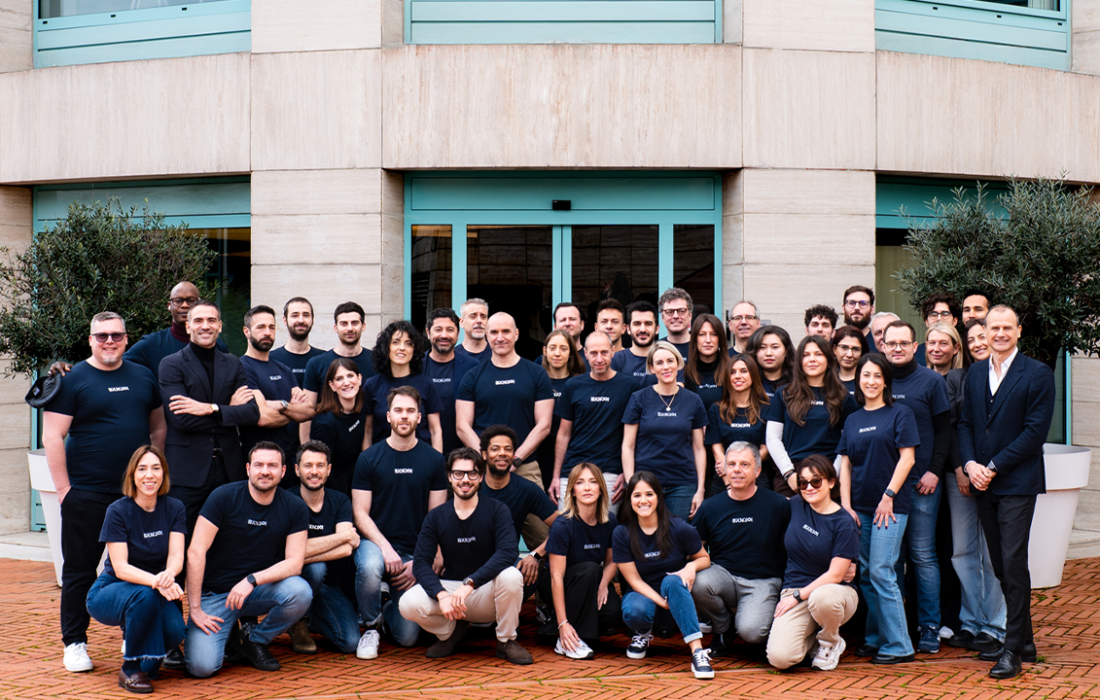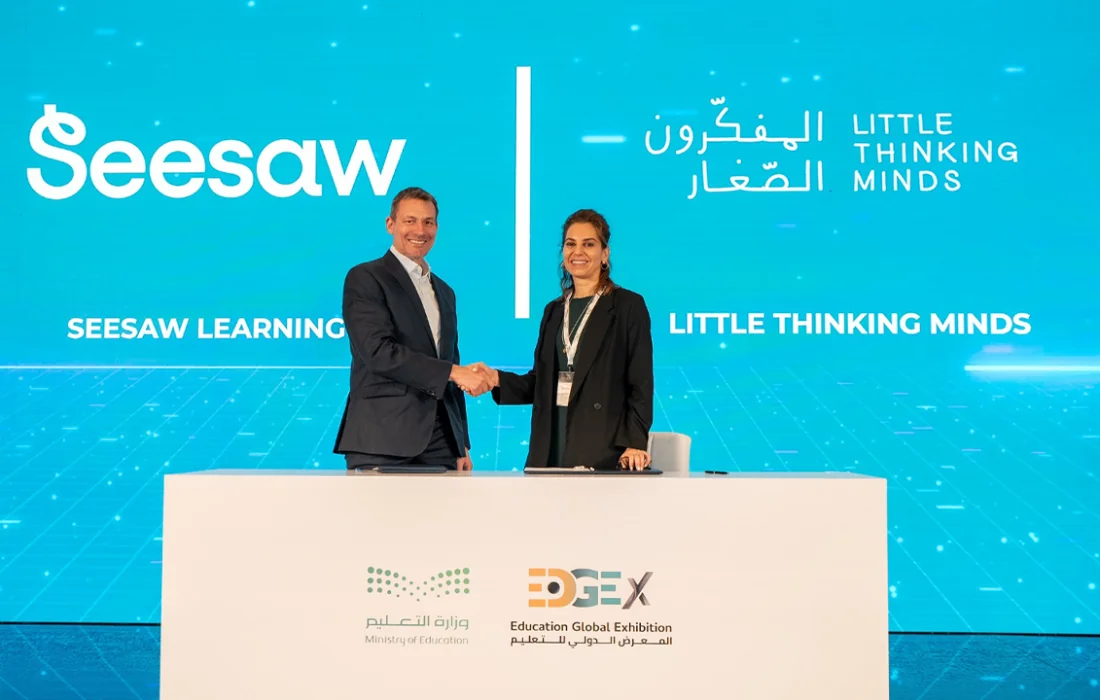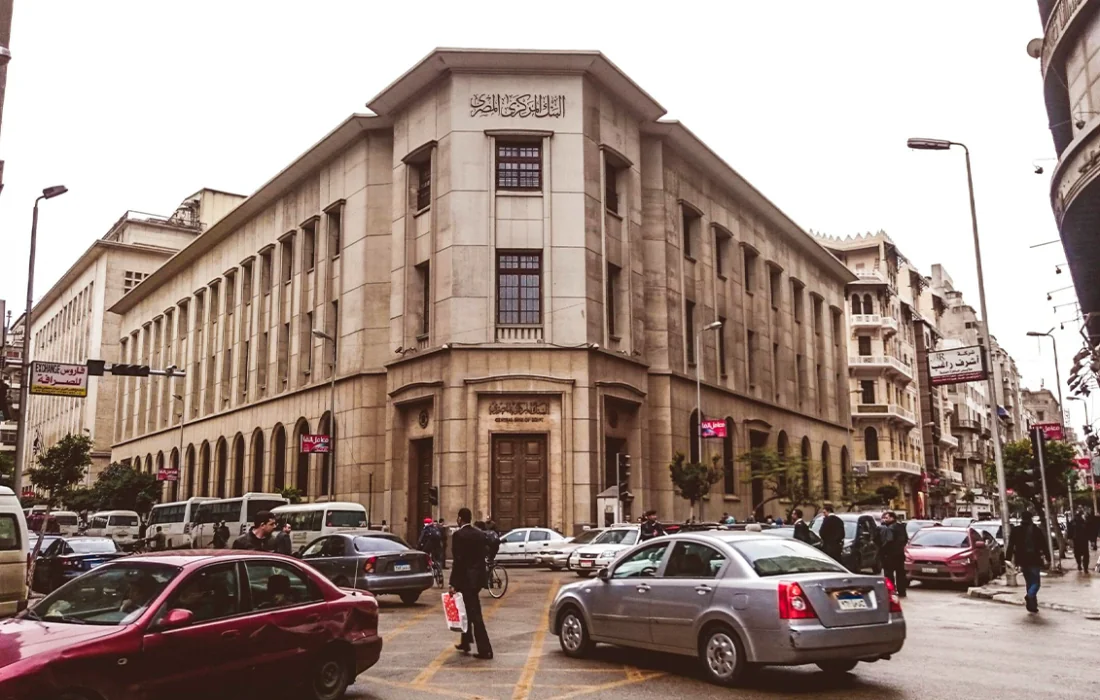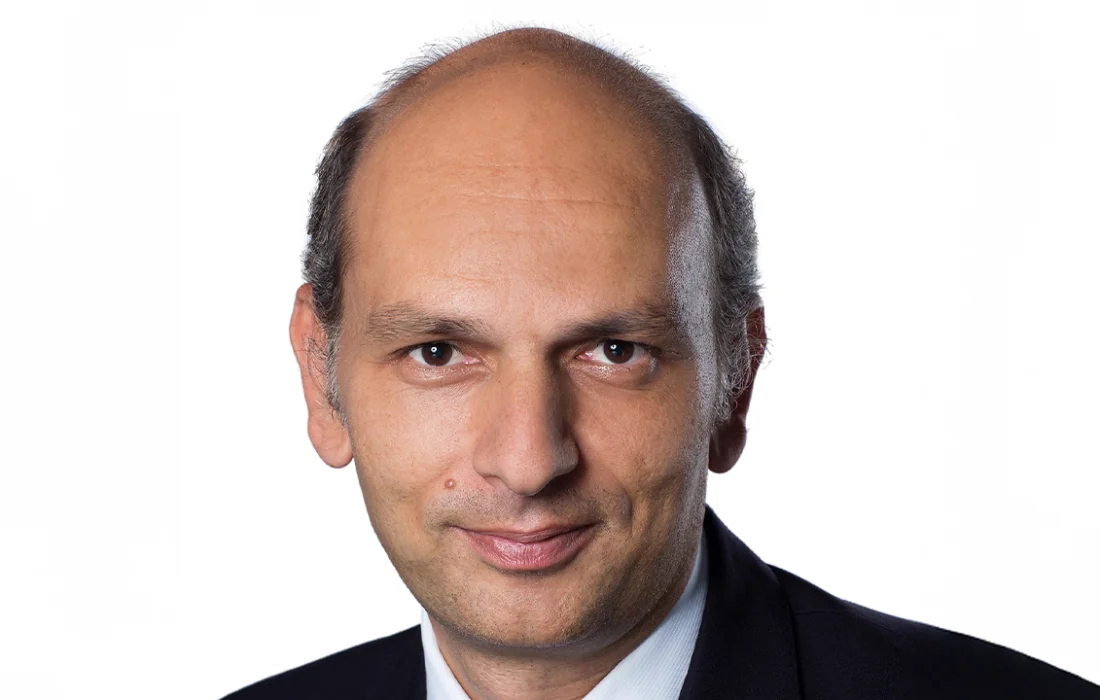- Iraq’s is stabilizing with USD 63 billion in foreign investments, focusing on sectors like renewable energy, oil, and gas.
- Despite oil reliance, Iraq’s economy is stabilizing with increased foreign investments and initiatives to diversify energy sources.
- Efforts to shift from oil include renewable energy projects, economic diversification, and boosting private and public sector investments.
Iraq
What happened? According to the World Bank, Iraq is one of the most oil dependent countries in the world. Over the last decade, oil revenues have accounted for more than 99% of exports, 85% of the government’s budget, and 42% of gross domestic product (GDP).
However, in recent years, Iraq has enjoyed a semblance of stability and a growing economy. A large part of this is oil and gas but also it has seen the rise of foreign investment in the private and public sector. This is also coupled with a mission to diversify energy sources away from oil in which many initiates have been established.
Waste to Energy
Towards the end of March, Iraq broke ground on its waste-to-energy project in Baghdad. The project was awarded to a Chinese company, SUS Environment.
Iraq’s Prime Minister Mohammed S. Al-Sudani officially launched the construction, emphasizing its role in advancing Iraq’s environmental and renewable energy goals.
The project aims to process 3,000 tons of waste in its initial phase, aiming to produce 100 megawatts. With an approximate investment of USD 500 million, the project aims to generate 500 local job opportunities.
The Chairman of the National Investment Commission, Professor Dr. Haider Mohammed Makiya, said. “With this project, we expect to reduce dependence on fossil fuels and enhance our ability to confront the challenges of climate change,” Makiya added
Renewable Energy
Other than the waste to energy project, recently, Iraq has witnessed a series of initiatives and projects aiming to diversify the nation’s energy sources.
Solar Panels for Homes The Iraqi Minister of Electricity Ziad Ali Fadel announced the qualification of 16 new specialized companies by the Central Bank of Iraq to install solar energy systems in homes.
This is part of the nation’s efforts to diversify its energy sources and reduce pressure on the national grid. Furthermore, the initiative will offer citizens the opportunity to install solar energy systems in their homes. This will be done through loans provided by the Central Bank of Iraq. The initiative aims to support the transition to clean energy that improves the environment and reduces pollution levels.
Manufacturing Solar Panels The Iraqi Ministry of Industry and Minerals announced an investment opportunity to establish a new factory for producing solar panels. The factory is expected to have an annual capacity of 750 megawatts.
The Central Bank of Iraq’s initiative has two components. The first is designated for citizens, allowing them to obtain solar energy systems through installment plans. The second is directed at the industrial sector,” according to the Iraqi News Agency (INA).
Foreign Investment
Iraq has implemented a strategy to attract foreign investment and lately it has been paying off. Through many foreign investments, the country is on its way to becoming a diversified economy.
The National Investment Commission has accumulated USD 63 billion in foreign direct investment in over a year and a half. These investments are distributed across multiple sectors aiming to frame Iraq as an attractive investment destination. Moreover, it is clarified that the focus is on sectors such as renewable energy, oil and gas.
One of the investments is Egypt based, it is a USD 5 billion investment from Elsewedy Electric. Beyond capital, this investment includes the establishment of three industrial cities throughout Iraq.
Another investment is from Qatar which announced its plans in mid-2023 to invest USD 5 billion into various sectors in Iraq. This included support from Qatar to develop a project linking the Gulf electrical interaction system to the southern Iraq network.
Also in 2023, the Saudi sovereign wealth fund, PIF, created a unit worth USD 3 billion to invest in industries across Iraq. Thus, the Saudi-Iraqi Investment company set out to invest in infrastructure, mining, agriculture, real estate development, and financial services.
With these projects in motion, Iraq’s economic future appears promising. If investments continue to flow and international partnerships strengthen, the country is poised for sustainability, growth and economic diversification.
If you see something out of place or would like to contribute to this story, check out our Ethics and Policy section.
